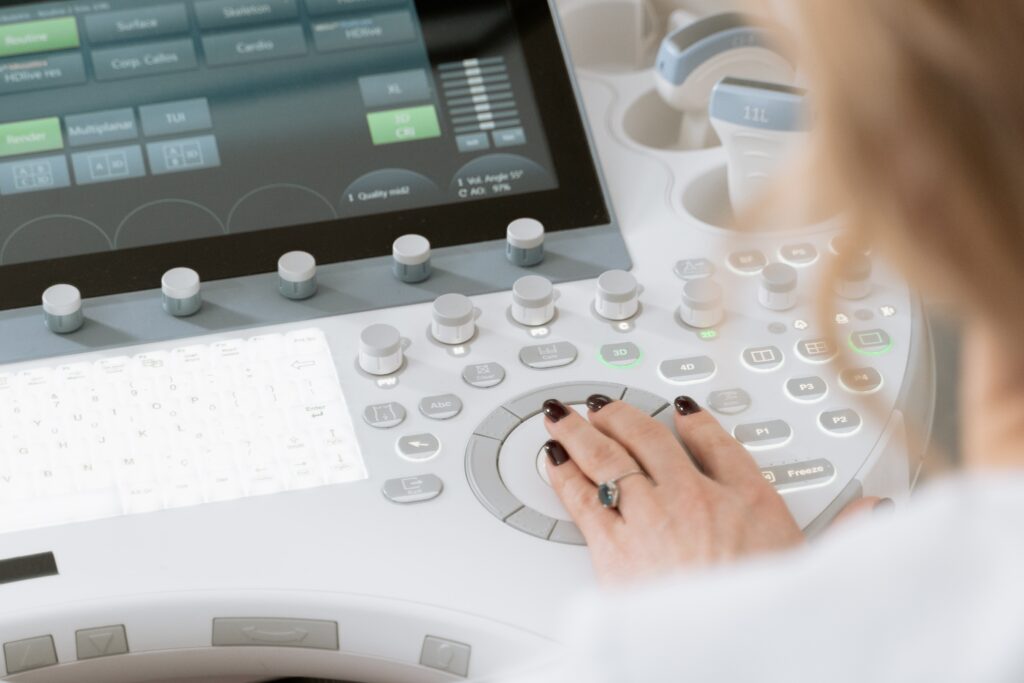Best DUI Lawyers Milwaukee, WI Of 2024 – Forbes Advisor – Technologist
If you are charged with a DUI in Wisconsin, it is a good idea to understand the laws that may apply to your case. This will help you keep track of deadlines and follow along with your lawyer’s strategies better. Below is a brief note on DUI laws in the state.
Legal Blood Alcohol Concentration (BAC) in Wisconsin
For any driver over the age of 21, operating a motor vehicle with a BAC of 0.08 or higher will lead to an Operating While Intoxicated (OWI) charge. For drivers under the age of 21, this limit is zero. This means that if you are found with any detectable amount of alcohol in your system, you may face criminal charges ranging from misdemeanors to felonies.
Without regard to your BAC, you can also be charged with an OWI if you are found driving:
- Under the influence of any intoxicant, controlled substance or any other drug or
- With a detectable quantity of any restricted controlled substance in your blood.
If you have three or more prior OWI convictions, you cannot drive with a BAC higher than 0.02 in Wisconsin.
Implied Consent Laws in Wisconsin
According to the implied consent law in Wisconsin, if you are driving on public highways within the state, you consent to submit your blood, breath or urine for chemical testing to detect alcohol and drugs upon request from an enforcement officer. Although you still retain the right to refuse these tests in most cases, you will face additional consequences for your refusal.
If you do not take the test, your license is revoked for one year for your first OWI, two years for your second OWI and three years for any subsequent OWI arrests. The enforcement officer making the request will issue a notice of revocation, which states that your driving privileges will be revoked 30 days from the issuance of the notice. You may file a written request with the court to challenge the revocation within 10 days of this date.
DUI Penalties in Wisconsin
If convicted, your penalties for OWI depend on the circumstances surrounding your case. Here is a brief guide to the DUI penalties in Wisconsin.
First Offense
Criteria: BAC ≥ 0.08
Fine: $150 to $300 plus OWI surcharge
License Revocation: Six to nine months
Ignition Interlock Device: If BAC higher than 0.15 or chemical test refused
Second Offense
Criteria: BAC ≥ 0.08
Fine: $350 to $1,100 plus OWI surcharge
Minimum imprisonment: Five days
Maximum imprisonment: Six months
License Revocation: 12 to 18 months after release
Ignition Interlock Device: One year to 18 months after release
Third Offense
Criteria: BAC ≥ 0.08
Fine: $600 to $2,000 plus OWI surcharge
Minimum imprisonment: 45 days
Maximum imprisonment: One year
License Revocation: Two to three years after release
Ignition Interlock Device: One to three years after release
Fourth Offense
Criteria: BAC ≥ 0.02
Fine: $600 to $10,000 plus OWI surcharge
Minimum imprisonment: 60 days
Maximum imprisonment: Six years
License Revocation: Twi to three years after release
Ignition Interlock Device: One to three years after release
Fifth or Sixth Offense
Criteria: BAC ≥ 0.02
Fine: $600 to $25,000 plus OWI surcharge
Minimum imprisonment: One year
Maximum imprisonment: 10 years
License Revocation: Two to three years after release
Ignition Interlock Device: One to three years after release
Seventh to Ninth Offense
Criteria: BAC ≥ 0.02
Fine: Up to $25,000 plus OWI surcharge
Minimum imprisonment: Three years
Maximum imprisonment: 12.5 years
License Revocation: Two to three years after release
Ignition Interlock Device: One to three years after release
Tenth or Greater Offense
Criteria: BAC ≥ 0.02
Fine: Up to $50,000 plus OWI surcharge
Minimum imprisonment: Four years
Maximum imprisonment: 15 years
License Revocation: Two to three years after release
Ignition Interlock Device: One to three years after release
The penalties increase significantly if:
- The driver has a minor under the age of 16 years while driving intoxicated.
- Driver’s alcohol concentration is 0.17 or higher.
- The driver hurts someone while operating a vehicle intoxicated.
- The driver commits homicide while driving under the influence.
- The driver refuses chemical testing to determine alcohol concentration.
What to Expect After a DUI Arrest in Wisconsin
Once you are stopped on suspicion of driving while intoxicated, the officer may request that you submit a sample of your blood, breath or urine for chemical testing to determine your BAC. Once your test results are received, you will receive a Notice of Intent to Suspend at the traffic stop or by mail.
The Notice of Intent to Suspend will state that your driving privilege will be suspended after 30 days from its receipt. You will also receive the administrative review request form and the notice to request an administrative review hearing. You must submit your request within 10 business days if the notice was handed to you at the stop or 13 business days if the notice was mailed to you. The hearing must be held within 30 days, i.e., before your suspension takes effect.
If it is determined that the police officer has completed the process properly, your license is suspended for six months. You can appeal the hearing decision by following the instructions in the decision letter. You may also apply for an occupation license to drive to work or school.
If you refuse the chemical test, a search warrant may be issued to collect the sample, and you will receive a Notice of Intent to Revoke. Your driving privileges are revoked 30 days after its receipt. A copy of this notice is also submitted to the court. You can contest the revocation by submitting a written request directly to the court within 10 days.



